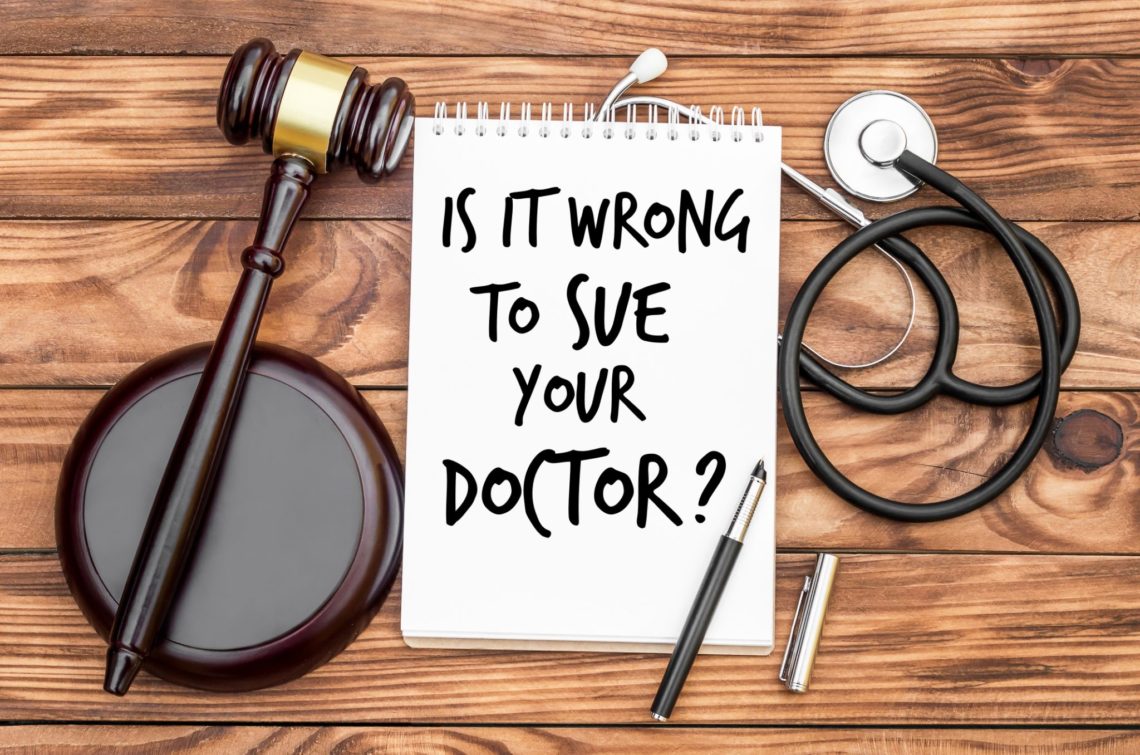
The Anatomy of a Medical Malpractice Case
Did you know that, according to a 2016 study by Johns Hopkins, medical errors cause 250,000 deaths per year in the United States making it the third leading cause of death behind heart disease and cancer? How do we, as a society, work to reduce this alarming statistic and improve the quality of medical care? One way is to hold negligent physicians accountable in court.
A medical malpractice case is a type of personal injury case which focuses on the professional negligence of a medical provider that caused injury and damage to a patient. Med-mal cases are fact intensive, heavy on expert witnesses, and difficult to litigate from the plaintiff’s side. A bad medical outcome does not mean that a physician has committed malpractice. Rather, it is when a physician deviates from the standard of care owed by physicians generally in like and similar circumstances which results in harm to a patient.
The standard of care is that minimum level of care that a physician is required to bring to his patient as defined by other members of his profession or specialty. Medical experts who practice or teach in the same areas of medicine must view the medical record and the acts or omissions of the defendant doctor and provide the jury with their opinions as to whether the defendant doctor complied with the standard of care or deviated from it. Not only must a plaintiff prove that the defendant doctor deviated from the standard of care, she must also prove that the deviation proximately caused her damage. In other words, the medical negligence made a difference in the outcome.
So, the anatomy of a medical malpractice case is much different than a typical negligence case in court involving an automobile accident or slip and fall injury. The medical malpractice complaint must include an affidavit from an expert establishing at least one act of professional negligence on the part of the doctor. This requirement of Georgia Law helps insure that doctors aren’t saddled with defending frivolous lawsuits. The plaintiff must, through expert testimony, establish that the doctor deviated from the standard of care and such deviation proximately caused injuries and damages to the plaintiff. The doctor’s medical malpractice insurer will hire attorneys to represent the physician and his practice or the hospital. Defense counsel will hire its own experts to seek to persuade the jury that the doctor’s acts or omissions were consistent with the standard of care and/or that plaintiff’s injuries and damages were attributable to something other than the defendant doctor’s conduct.
Plaintiff’s attorneys must be highly selective when accepting medical malpractice cases. A decision to accept a case requires careful review and consideration of all the elements needed for a successful outcome.
Do you believe that you or a loved one has been harmed as a result of a doctor’s or hospital’s negligence? Please call our law firm today for a free initial consultation.
DO I HAVE A CASE?
Fill out the form below to receive a free and confidential initial consultation with David Dekle.
Submission of information through this site does not create an attorney-client relationship.


